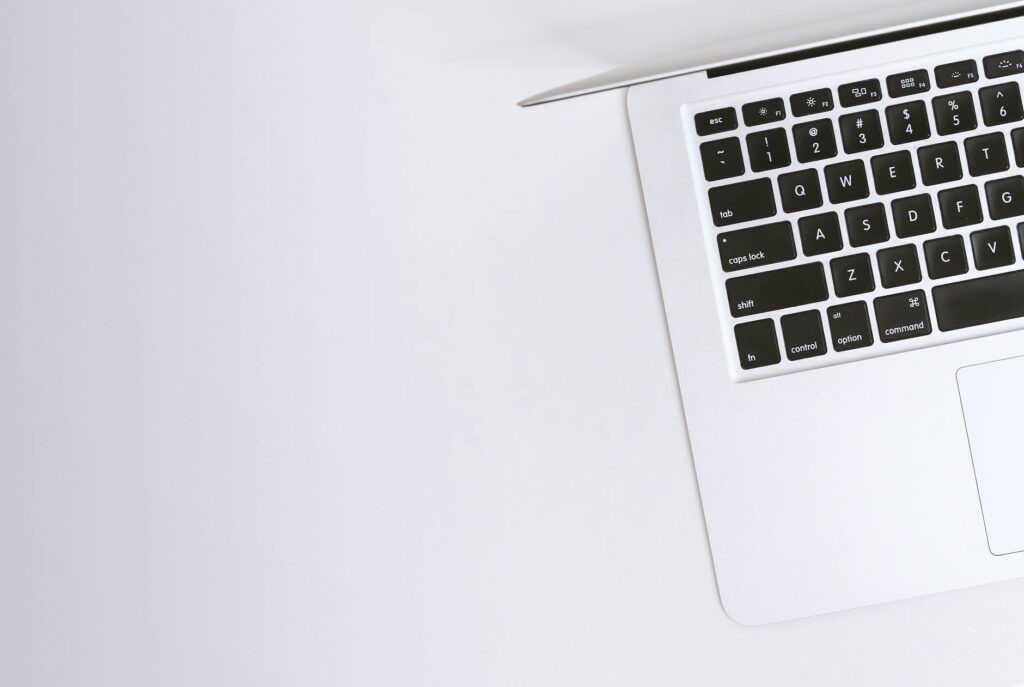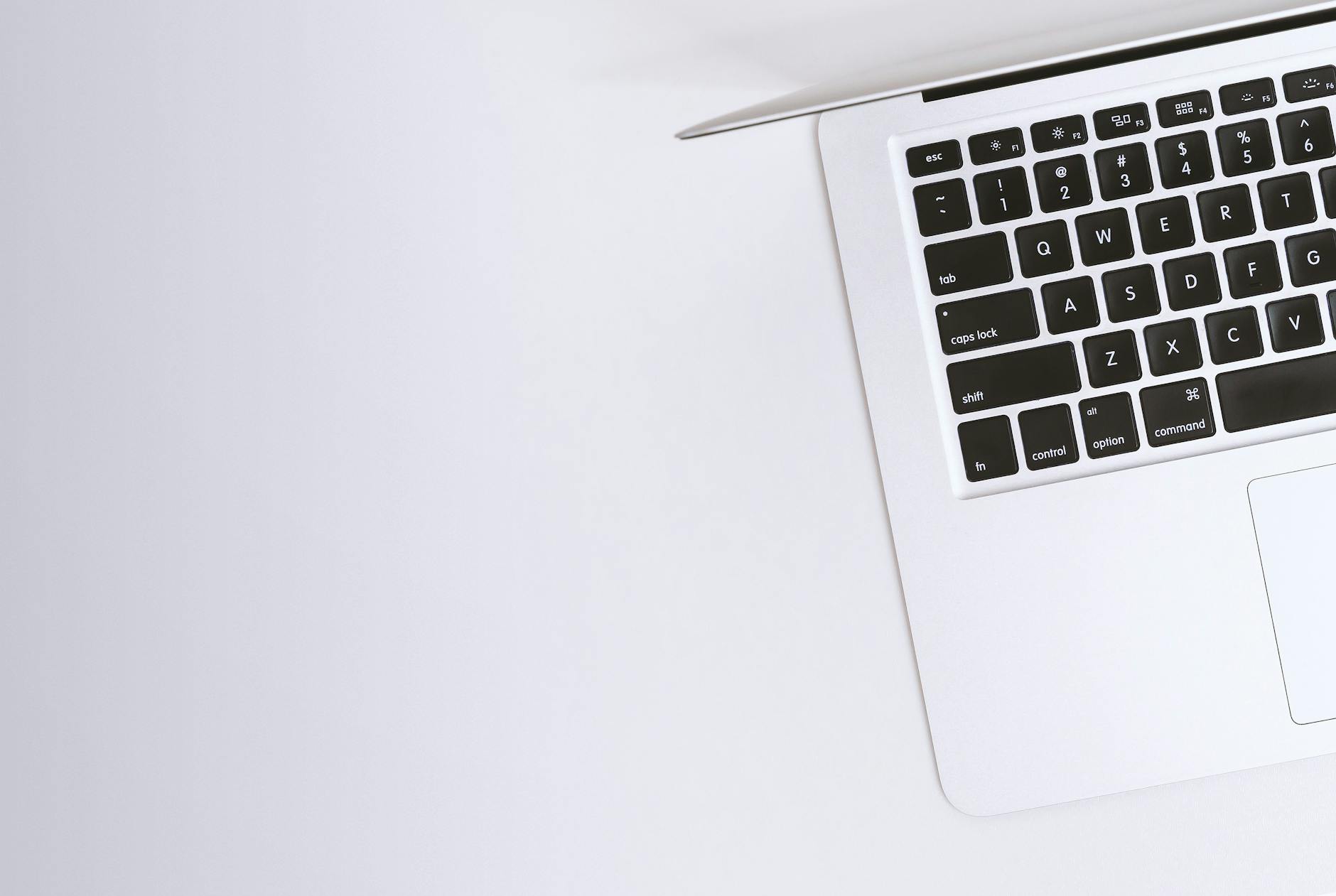What is mental focus tool?

What is mental focus tool?
In today’s fast-paced world, maintaining mental focus can feel like a daunting task. With endless distractions from our devices and a constant barrage of information, how can we ensure that our minds stay sharp and productive? Enter mental focus tools—innovative strategies and resources designed to enhance concentration, boost productivity, and promote overall well-being. These tools are your allies in navigating the complexities of daily life, helping you to achieve your goals and maintain a healthy work-life balance.
Understanding Mental Focus Tools
Mental focus tools are methods and resources that aid individuals in improving their concentration and productivity. They come in various forms, from digital applications to physical objects, each designed to tackle the challenges of distraction and procrastination. At their core, these tools function by creating an environment that minimizes interruptions, allowing you to hone in on tasks and goals effectively.
The Science Behind Focus
Understanding the psychological and neurological basis of focus is crucial. When we concentrate, our brain engages specific neural pathways that enable us to filter out distractions and maintain attention on a singular task. According to research, the brain’s prefrontal cortex plays a significant role in decision-making and focus. When distractions arise, this area can become overwhelmed, making it challenging to stay on track. Mental focus tools help by training the mind to resist these distractions, thereby strengthening our ability to concentrate.
Types of Mental Focus Tools
There are several types of mental focus tools available, each offering unique benefits:
-
Apps and Software: Applications like Headspace or RescueTime track your productivity and help cultivate healthy habits. These tools can monitor how you spend your time and provide insights into your focus patterns.
-
Techniques: Methods such as the Pomodoro Technique break work into intervals, traditionally 25 minutes in length, separated by short breaks. This approach helps maintain high levels of concentration while preventing burnout.
-
Physical Tools: Items like fidget spinners or stress balls can help channel excess energy and maintain focus during work or study sessions. These tactile tools provide a physical outlet for restlessness, allowing the mind to stay engaged.
Benefits of Using Mental Focus Tools
Incorporating mental focus tools into your daily routine can offer a multitude of advantages.
Enhanced Productivity
One of the most significant benefits of mental focus tools is improved work efficiency. By minimizing distractions and creating structured working environments, you can achieve more in less time. Studies show that individuals who utilize focus tools often report completing tasks more swiftly and with greater accuracy.
Better Time Management
Mental focus tools assist in managing time more effectively. They help prioritize tasks, set achievable goals, and allocate dedicated time for each project. For instance, using task management apps can streamline your workflow and ensure that you’re spending your time on what truly matters.
Improved Work-Life Balance
Maintaining focus can lead to a healthier balance between work and personal life. When you can concentrate on your tasks efficiently, you free up more time for leisure and relaxation. This balance is essential for preventing burnout and enhancing overall well-being.
How to Choose the Right Mental Focus Tool
Selecting the right mental focus tool requires some self-assessment and exploration.
Assessing Your Focus Needs
Before diving into options, take a moment to evaluate your focus challenges. Are you easily distracted by your phone? Do you struggle with procrastination? Understanding your specific needs will guide you in choosing tools that effectively address those challenges.
Exploring Popular Tools
Once you’ve identified your focus needs, explore popular tools that cater to those requirements. For example, if you find it difficult to manage time effectively, consider apps like Fellow or RescueTime, both of which offer features designed to enhance productivity and time management.
Implementing Mental Focus Tools in Daily Routines
Integrating mental focus tools into your daily life doesn’t have to be overwhelming. Here are some practical tips to get started:
Creating a Focus-Enhanced Environment
Your workspace plays a vital role in your ability to concentrate. Consider decluttering your desk, reducing noise levels, or using calming colors to create an environment conducive to focus. Small changes, like positioning your laptop in a way that minimizes distractions, can significantly improve your concentration.

Photo by JÉSHOOTS
Establishing Focus Rituals
Creating habits around your mental focus tools is crucial. Dedicate specific times of your day for focused work, and establish rituals that signal your brain it’s time to concentrate. This could be as simple as brewing a cup of tea or putting on noise-canceling headphones. Over time, these rituals will train your mind to enter focus mode more readily.
Conclusion
Mental focus tools are essential for anyone looking to improve their concentration and productivity. By understanding what these tools are and how they function, you can take steps to enhance your daily life. Whether it’s leveraging apps, employing effective techniques, or creating a focus-friendly environment, the benefits are clear. Increased productivity, better time management, and improved work-life balance await those who embrace these strategies. So, why not give them a try? Your mind—and your productivity—will thank you.